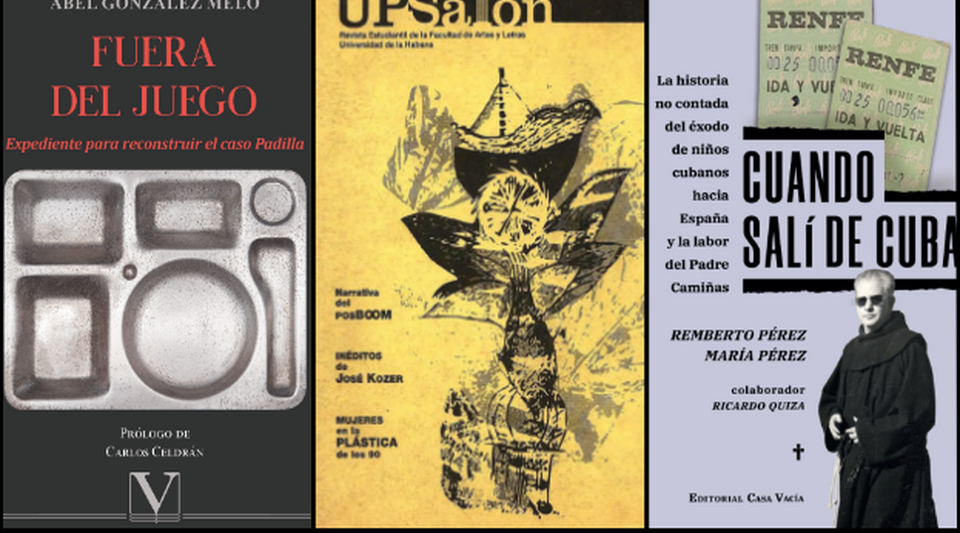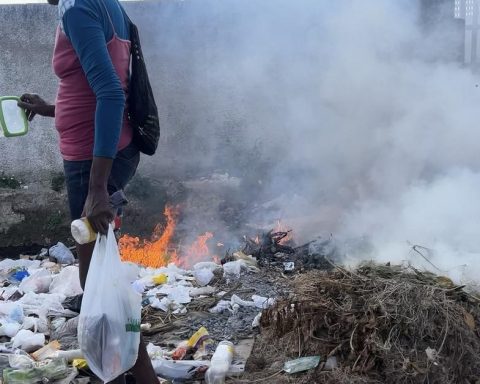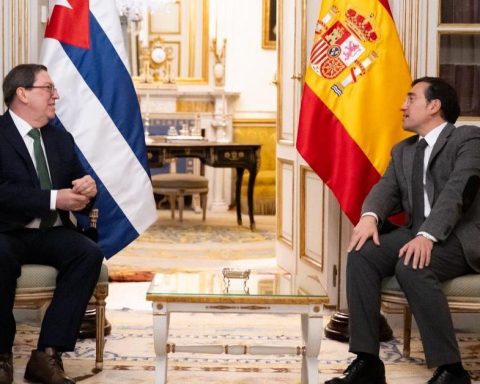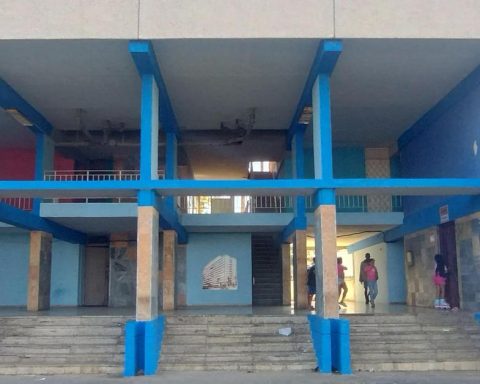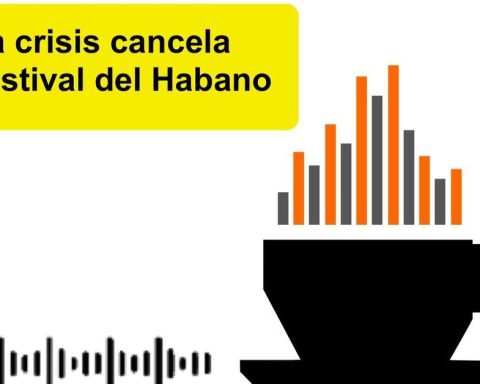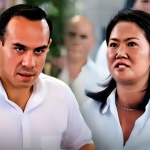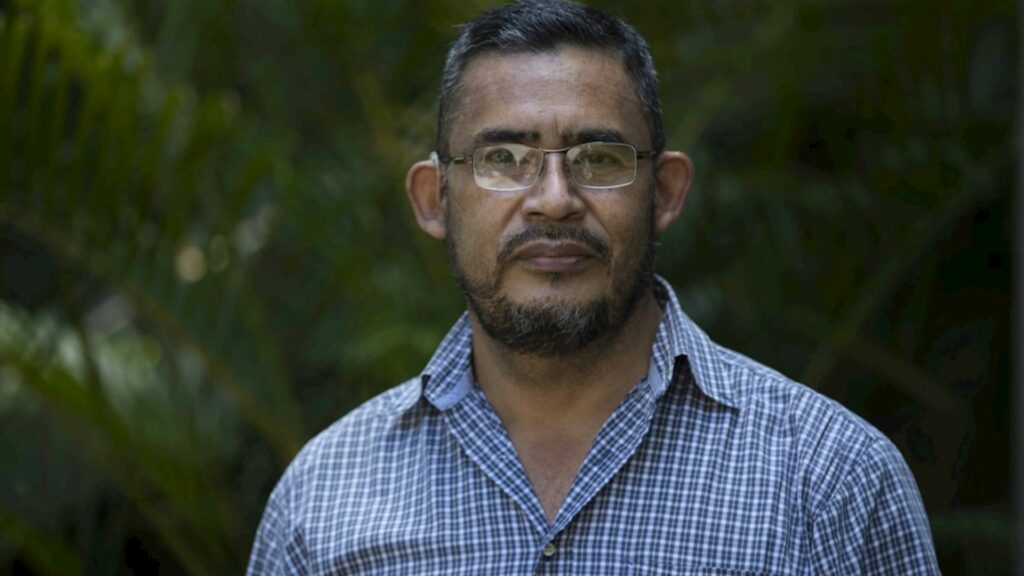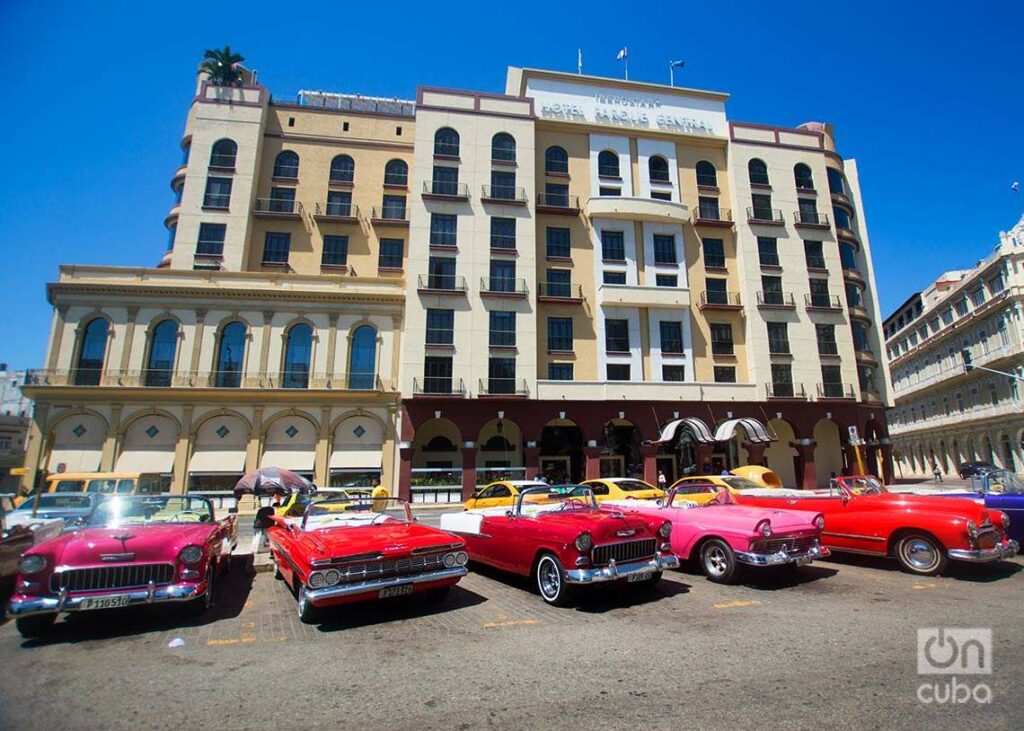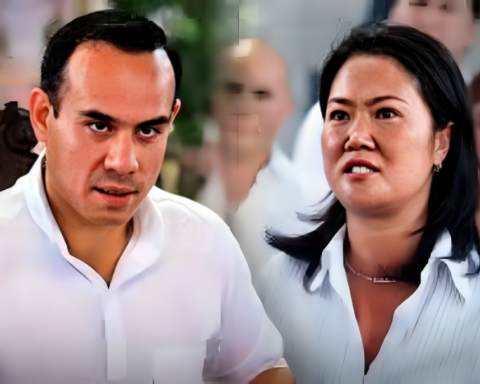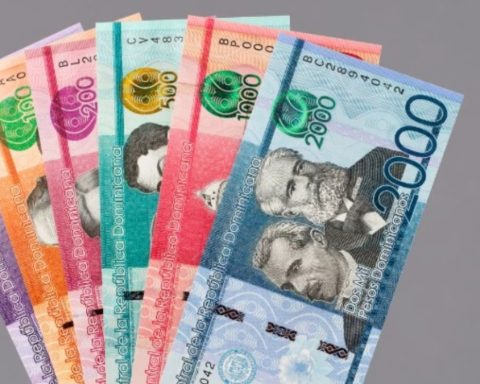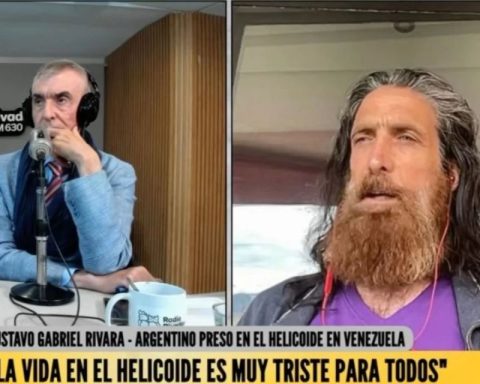This March, all the provinces of Cuba experienced the “second phase” of the Book Fair. However, in none of the island’s bookstores were the novelties that numerous Cuban authors published abroad sold, nor were the bitter polemics that characterized the cultural panorama of the month discussed.
The Anagrama publishing house put on sale, both in Spain and in Latin America, the book intrudersby Carlos Manuel Álvarez, who won the Sergio González Rodríguez award for the best chronicle awarded by this house in collaboration with the Autonomous University of Nuevo León, in Mexico.
The volume, which addresses the events surrounding the strike of the San Isidro Movement in Havana, in November 2020, is presented by its editors as a “mix of report, testimony, profile and memory”, which describes “the intimate experience of the author with the Cuban Stasi as part of the social maelstrom shared by that dissident group”.
Journalist María Matienzo dedicates a Diary published by the Center for the Opening and Development of Latin America (Cadal). Based in Buenos Aires, Argentina. Available for free downloadMatienzo’s collection also includes photographs, testimonials and letters, and works as a visual journey through Cuban political art by the Havana artist.
‘When I left Cuba’, by the brothers Remberto and María Pérez, tells the story of “the children of Father Antonio Camiñas”, who escaped from Fidel Castro’s regime to Spain
When I left Cuba (Casa Vacía), by the brothers Remberto and María Pérez, tells the story of “the children of Father Antonio Camiñas”, who escaped from the Fidel Castro regime to Spain between 1966 and 1970, with the help of the Catholic Church. Although there have been multiple investigations into Operation Peter Pan and the transfer of children to the United States in the early years of the Revolution, this volume settles the debts that Cuban scholars had with this painful episode of Cuban emigration.
From the same publishing house is the novel Diaries for Stephen Zweig, by José Prats Sariol. The narrative addresses, according to his presentation note, “the adventures of a couple spiritually close to Stephen Zweig, an intellectual who embodied pan-Europeanism, respect for the other and sympathy for miscegenation until his suicide.”
In tune with the recent controversy over the premiere of the documentary The Padilla caseby Cuban filmmaker Pavel Giroud, Verbum publishing house publishes in its theater collection Out of the gameby Abel González Melo, a documentary fiction that tries to humanize the poet Heberto Padilla and achieve a better understanding of the character and the circumstances that led to his arrest in 1971.
With an editorial policy that mocked all the “dosing fatalisms” on the island, the directors of ‘Upsalón’ recovered unknown or unpublished works in Cuba
The magazine Rialtain its File section, digitized and published the 15 issues and three special supplements of the magazine upsalon (2004-2020), edited by different generations of students from the Faculty of Arts and Letters of the University of Havana. With an editorial policy that mocked all the “dosing fatalisms” of the Island, the directors of upsalon they recovered unknown works –or unpublished in Cuba– by authors such as Calvert Casey, Guillermo Cabrera Infante or Severo Sarduy, as well as internationally renowned writers such as Umberto Eco, Roberto Calasso, WG Sebald or George Steiner.
Cubans Félix Anesio and Abel Sierra Madero were recognized this month with the Florida Book Awards, which honor outstanding writers in the Spanish language. Anesio, author of the poems congregations (Casa Bukowski), was awarded the gold medal, while Sierra received the silver for his essay The body never forgets: Forced labor, new man and memory in Cuba (1959-1980) (Rialta).
The situation of the provincial and local book fairs in Cuba was not different from that verified in Havana: lack of participants, few novelties for sale and absence of the writers that Cubans hoped to be able to read, such as Leonardo Padura or Pedro Juan Gutiérrez.
The writer Arturo Mesa summarized the panorama in their social networks: “The Book Fair today is nothing more than the recycling of books from recent years thrown away in a warehouse and taken out again while in the few publishers that are left the scarce budget goes away once more towards texts of a political-pamphleteer nature, hoping to see if they convince someone while the nation’s cultural heritage suffers while waiting for Pamuk, Gurnah, Handke, Munro, Le Clézio, Doris Lessing, or any of the latest international awards including Vargas Llosa himself or Perez Reverte”.
“The Book Fair today is nothing more than the recycling of books from recent years thrown away in a warehouse and taken out again”
In the last days of the month, a controversy generated from the article Why did I jump into the field to interrupt a Cuba-United States?published in the Spanish newspaper The country by Carlos Manuel Álvarez, confronted the opinions of several Cuban intellectuals on the so-called Team Asere – the Cuban team in the World Baseball Classic – and on the performance of Álvarez himself.
The poet and essayist Antonio José Ponte exposed, on his social networks, his vision of the text and discussed the contradictions that, in his opinion, its author suffered: “What did you expect of them (the baseball players)? That they drop their bats and gloves and leave the game? What will they come back in the game? Let them play him for a while? Take a selfie with them and the flag?” he questioned.
After several counter-replies, to which numerous commentators and readers joined, the writer Wendy Guerra celebrated that a counterpoint of ideas at that level in the Cuban digital environment.
“We are truly privileged to have each of these figures with their own styles, personalities and particularities. I take my hat off to this other dispersed country, which, despite the extermination it suffers, creates, debates and projects its intellectual wealth to through the exercise of intelligence,” he wrote.
________________________
Collaborate with our work:
The team of 14ymedio He is committed to doing serious journalism that reflects the reality of deep Cuba. Thank you for accompanying us on this long road. We invite you to continue supporting us, but this time becoming a member of our newspaper. Together we can continue transforming journalism in Cuba.
